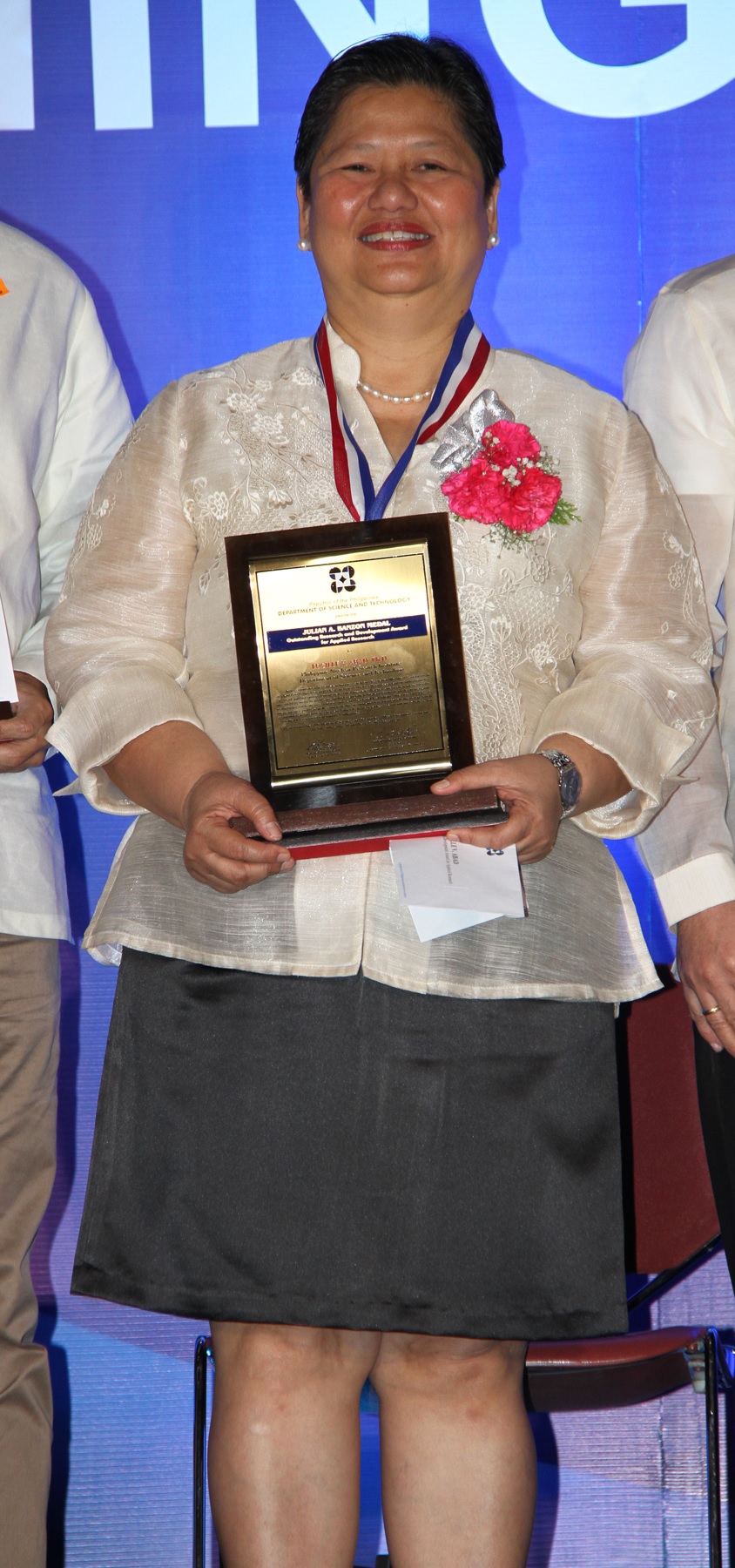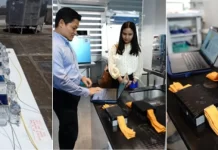Filipino researchers have been awarded the 2017 Excellent Research Team of the Year by the Forum for Nuclear Cooperation in Asia (FNCA) for developing the Plant Food Supplement (PFS) that exemplifies peaceful use of nuclear technology.
According to a Department of Science and Technology – Philippine Nuclear Research Institute (DOST-PNRI) report, FNCA recognized the project “for its great potential in helping spur the development of Philippine agriculture and attaining food security. It is also eyed to help mitigate the effects of El Niño and climate change that ravage farmlands in the countryside.”
The formulation of 3.2 liters per hectare of water mixed with the right proportion of the PFS was proven effective in increasing the yield of rice, mungbean, and other crops by over 20 percent.
Read Related Story: UPLB researchers develop insect-resistant Biotech Talong
Field tests also showed that rice applied with PFS had improved resistance against tungro bacilliform virus and bacterial leaf blight. Further, fields sprayed with PFS had higher survival rate after a violent storm compared with nearby fields that had no PFS.
The research team from the DOST-PNRI received the award from the Japan-led network of 12 FNCA countries which include Australia, Bangladesh, China, Indonesia, Japan, Kazakhstan, Korea, Malaysia, Mongolia, the Philippines, Thailand, and Vietnam.
The research team’s achievements were presented at the 18th FNCA Ministerial Level Meeting in Astana, Kazakhstan held in October.

The research team is led by Career Scientist Dr. Lucille Abad who heads DOST-PNRI’s Chemistry Research Section.
Read Related Story: Barangay Aquaponics Can Potentially Solve The Food Problem In The Philippines
PFS are developed from natural polymers such as carrageenan, a common industrial ingredient extracted from seaweeds. Irradiation degrades polymers to form natural bioactive agents that can improve the health and increase the growth and yield of various crops. The carrageenan used for the PFS was irradiated at PNRI’s state-of-the-art Electron Beam Irradiation Facility in Diliman, Quezon City, the first facility of its kind in the country dedicated to semi-commercial services.
After successful field experiments on rice which proved the advantages of and benefits from FPS, the PFS project was officially launched in November 2015. The following month, DOST started the widespread testing of PFS in Luzon, Panay Island, Zamboanga, and Davao.
PNRI produced several tons of PFS for field test purposes and these were applied to thousands of hectares of ricefields in selected provinces of Regions 2 and 3, specifically in Tuguegarao, Cagayan, Ilagan, Isabela and in Pulilan, Bulacan.
The development of the formula began under a cooperative project with the International Atomic Energy Agency (IAEA) back in 2009. The PFS project was funded by the DOST-Philippine Council for Agriculture, Aquatic and Natural Resources while the field trials were co-implemented under Dr. Gil Magsino of the National Crop Protection Center of the University of the Philippines – Los Baños.













